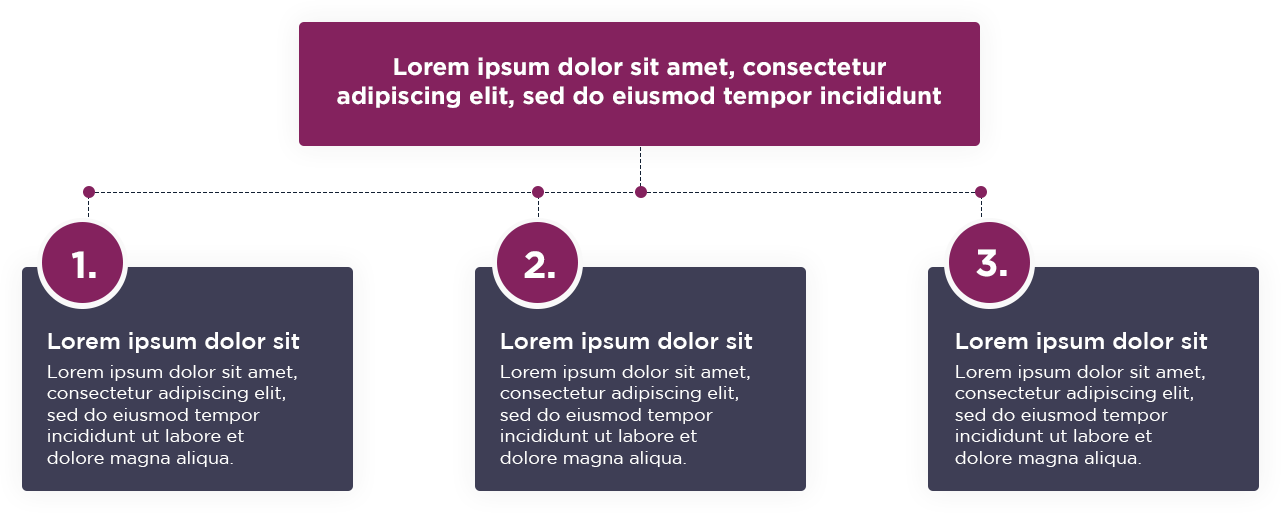Why is this education important?
Obesity is often undertreated because it is not viewed as a disease or a therapeutic target. Clinicians would benefit from increasing knowledge on current guidelines and best methods for implementing treatment strategies with patients who may be reluctant to discuss issues related to this common disease.
- How to talk to patients about their weight?
- When and how to incorporate pharmacologic therapies within individualized management plans for patients with obesity?
- Why patients with obesity often struggle with maintaining weight loss?
Does your team wonder…

Clinicians may lack knowledge of scientific advances of emerging therapies for obesity, leading to suboptimal treatment.

Clinicians may not know how to incorporate anti-obesity medications (AOMs) in the development of personalized treatment plans for weight loss.

Clinicians may need to adjust their communication style to effectively discuss weight loss and evidence-based obesity treatments, which may include AOMs.
Ensuring that all clinicians have the knowledge needed to assist patients in progressing toward healthy weight management and improved quality of life is a critical component of education about overweight and obesity. Comprehensive knowledge of treatment strategies and therapeutic options is paramount to success.
How does this initiative support you?

UChicago Center for CME and the Academy for Continued Healthcare Learning (ACHL) partnered on this initiative to support your efforts to improve your team’s knowledge of weight management strategies for patients with obesity. You can access experts in overweight and obesity to deliver high-level education efficiently and cost-effectively.
Educators are trained to deliver targeted programs while applying adult learning principles to foster engagement, promote critical thinking, and drive acquisition of enhanced clinical competency. Your team receives access to the latest data and critical real-world perspectives and guidance for translating the data to practice.
Learners will improve their ability to adopt effective counseling and treatment approaches to patients with obesity in primary care practice settings.
What can I expect when scheduling my program?
Access our directory to share your contact details; date and time preferences; topics and program length; and number of attendees. You’ll have the opportunity to select up to 3 preferred educators, each of whom is prepared to develop a program customized to meet the needs of your team and the diverse patients you treat.
FAQs
- Describe the current guideline-recommended strategies for screening for obesity in clinical practice and methods to improve diagnosis of obesity as a treatable chronic disease
- Analyze recent efficacy and safety outcomes of clinical trials with anti-obesity medications (AOMs)
- Illustrate methods to engage appropriate patients in discussion on available lifestyle modifications and weight loss strategies, which may include the use of AOMs

